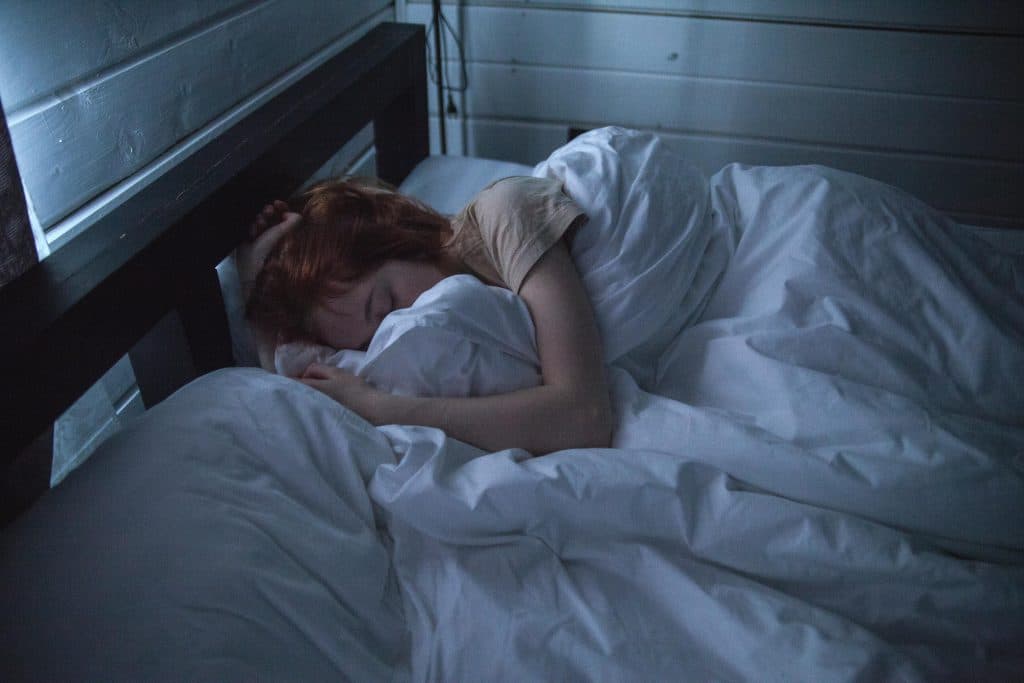Tossing, turning, staring at the ceiling: Does this sound familiar? Insomnia affects millions of people every night, stealing precious hours of rest and leaving them exhausted the next day. Whether it is trouble falling asleep, waking up in the middle of the night, or rising far too early, insomnia can feel like an endless cycle of frustration. If you have ever lain in bed, mind racing, wondering if sleep will ever come, you are not alone. The good news? There are real, effective ways to understand and tackle insomnia. It is not something you have to live with; this article will tell you the why and the how.
What is Insomnia?
Insomnia is not just about having a rough night or two. It is a sleep disorder where you struggle to fall asleep, stay asleep, or get back to sleep once you have woken up. For some, it comes and goes, triggered by stress or travel. For others, it sticks around and becomes chronic, lasting weeks or even months. It is more than feeling tired. It can have a tremendous effect on your mood, memory, and ability to function during the day. If it feels like sleep has become a battle, insomnia could be the culprit.
There are two main types: acute and chronic. Acute insomnia is short-term and often linked to a specific situation, like a big presentation or personal stress. Chronic insomnia is more long-lasting and may not always have an obvious cause. But no matter what the type, the experience is the same: you want to sleep, but your body and brain will not let you. It is frustrating and exhausting, but most importantly, it is treatable. Understanding what insomnia is puts you one step closer to treating it.
What Causes Insomnia?
There is no single cause of insomnia. Oftentimes, it is an outcome of multiple causes. Stress is one of the biggest culprits. Worrying about work, relationships, money, or health can make your mind race when you should be winding down. Mental health issues like anxiety and depression can also make it harder to fall asleep or stay asleep. Even happy events, like a wedding or a new job, can stir up enough excitement or nervous energy to disrupt your sleep patterns.
But it is not just what is going on in your head. Your habits can play a big role, too. Drinking too much caffeine late in the day, scrolling through your phone before bed, or having an irregular sleep schedule can confuse your body’s internal clock. Physical conditions like chronic pain, allergies, or certain medications can also interfere with sleep. And sometimes, insomnia can creep in for no clear reason at all. Whatever the trigger, identifying the root of your insomnia is the key to overcoming it.
How to Overcome Insomnia
The best place to start is to develop a sleep-friendly routine. Going to bed and waking up at the same time every day, yes, even on weekends, helps your body know when it is time to rest. Cut down on screen time before bed, dim the lights, and try a calming bedtime ritual like reading, meditation, or a warm bath. Make your bedroom a cozy, quiet, and cool place that is just for sleep. No working. No TV. And most importantly, no stress.
For stubborn insomnia, cognitive behavioral therapy for insomnia (CBT-I) is one of the most effective treatments. It helps you identify and change unhelpful thoughts and behaviors around sleep. Unlike sleeping pills, CBT-I tackles the root causes, not just the symptoms. Some people may also benefit from the short-term use of sleep aids, but they should always be used carefully and under a doctor’s guidance. The most important thing to remember is this: insomnia is manageable, and there is a path back to restful nights.
Sleep is Within Reach
Insomnia may feel like an unbeatable foe. But it does not have to feel like a permanent part of your life. Whether it is caused by stress, habits, or hidden health issues, understanding what is going on is the first step toward change. With some patience, the right tools, and a little consistency, you can train your body and mind to embrace sleep again. Remember, you are not broken; you are just out of rhythm. The journey back to peaceful nights starts small, but every step gets you closer. Sleep is natural. Sleep is possible. And yes, restful sleep can be yours again.










